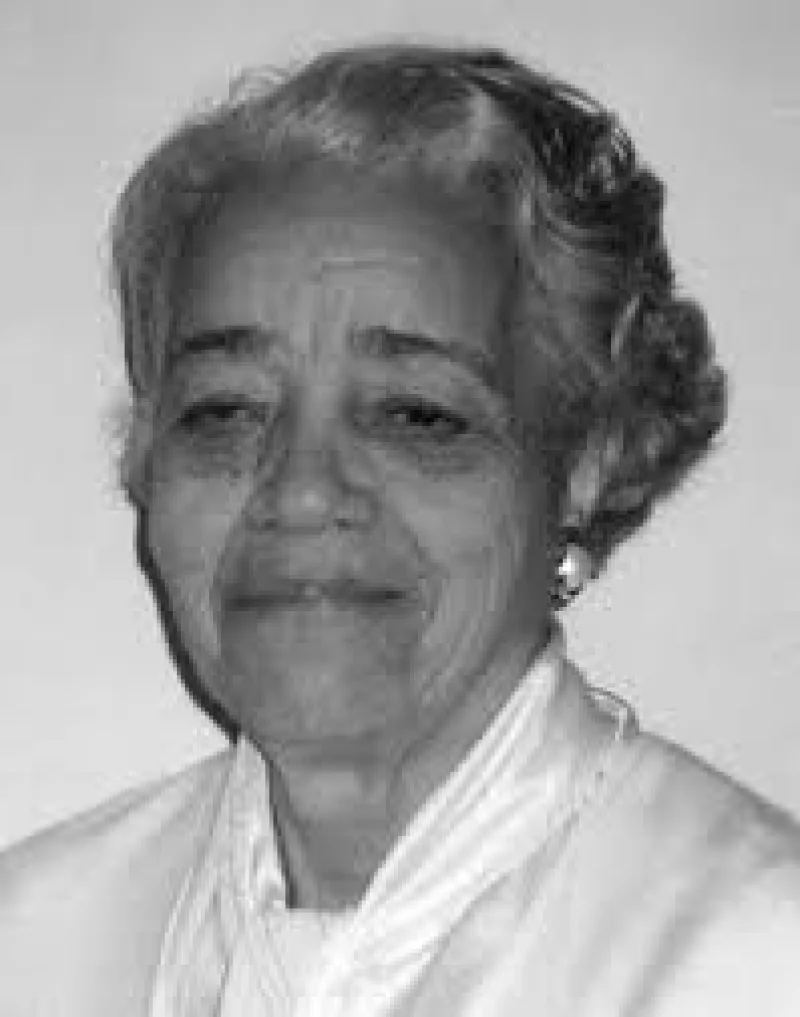Short Summary
Satyendra Nath Bose was an Indian physicist renowned for his work in quantum mechanics, particularly the development of Bose-Einstein statistics. His collaboration with Albert Einstein led to the discovery of the Bose-Einstein condensate, a state of matter. Bose's contributions significantly advanced the understanding of particle physics and have had a lasting impact on scientific research.
Early Life & Education
Satyendra Nath Bose was born on January 1, 1894, in Kolkata, India, to a well-educated family. His father, Surendranath Bose, was an engineer, which likely influenced his early interest in mathematics and science. Bose was a brilliant student and pursued his education at the Hindu School and later the Presidency College in Kolkata, where he excelled in mathematics. Influenced by his teachers and the intellectual environment of the time, he developed a deep interest in theoretical physics, which set the foundation for his future scientific achievements.
Career Highlights
Bose started his career as a lecturer at the University of Calcutta in 1916. His groundbreaking work on quantum mechanics began in the early 1920s, when he derived the Planck's quantum radiation law without reference to classical physics, a significant departure from existing theories. This work caught the attention of Albert Einstein, with whom he collaborated to develop the Bose-Einstein statistics. In 1926, Bose became a professor at the University of Dhaka, where he continued his research in theoretical physics, eventually returning to Calcutta in 1945 as the Khaira Professor of Physics.
Major Achievements
- Developed Bose-Einstein statistics: A crucial advancement in quantum mechanics.
- Predicted the Bose-Einstein condensate: A new state of matter, later experimentally confirmed.
- Helped establish the University of Dhaka's physics department: Contributed to education and research.
- Received Padma Vibhushan: One of India's highest civilian honors in 1954.
Famous Quotes
- "The true laboratory is the mind, where behind illusions we uncover the laws of truth."
- "When I die, I hope to go to heaven, whatever the hell that is."
Interesting Facts
- The term "boson" is derived from his last name to honor his contributions to particle physics.
- Although he worked with Einstein, they never met in person.
- Bose was fluent in several languages, including Bengali, English, French, and German.
- He was also interested in philosophy, literature, and the Indian classical music.
- His work laid the foundation for developments in quantum statistics and particle physics.
Legacy / Influence
Satyendra Nath Bose's contributions have had a profound impact on the field of quantum mechanics. His work led to the development of new branches of physics and influenced generations of scientists. The concept of bosons is fundamental in particle physics, and the Bose-Einstein condensate has opened up new areas of research in condensed matter physics, enriching scientific understanding and technological advancements.
FAQ
Q: Why is Satyendra Nath Bose famous?
A: He is famous for developing Bose-Einstein statistics and predicting the Bose-Einstein condensate.
Q: What is a boson?
A: A boson is a type of particle that follows Bose-Einstein statistics, named in honor of Bose.
Q: Did Bose receive a Nobel Prize?
A: No, Satyendra Nath Bose did not receive a Nobel Prize, although his work was highly influential.
Q: What was his relationship with Albert Einstein?
A: Bose collaborated with Einstein through correspondence to develop Bose-Einstein statistics.













